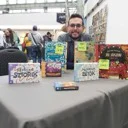At PlayWise, we believe in the liberating power of games for the imagination. But what happens when creativity specifically becomes the focus of a board game? Welcome to the world of creative board games. Let's explore why we love them and what are the most important titles in this category?
I believe that board gaming in itself is a creative activity, as even abstract games invite us into a world operating under a set of rules different from reality, which we then need to manage collectively during play. What is this if not a task requiring creativity? Imagining that I am actually running my economy, imagining that the meeple there is me, imagining the stakes of a battle. To me, this also includes the ability to delve into others' thoughts, set traps, and continuously analyze situations. This is precisely the key to using board games for educational purposes: skills develop unnoticed. Creativity is one such area.
What is a Creative Board Game?
A creative board game is not merely about winning or losing. I particularly like seeing how, for example, players do not tally up their points in Dixit because the focus shifts elsewhere. Creative board games revolve around storytelling, imagination, and stepping out of conventional frameworks. These games often offer open-ended gameplay, allowing players to create, imagine, and choose their own paths. We build civilizations; we craft stories.
Benefits of Creative Board Games
Creative board games are tremendously developmental, whether you consider cognitive or emotional skills. They encourage players to think critically, solve problems, and adapt to changing game dynamics. This not only strengthens cognitive flexibility but also fosters skills such as empathy, negotiation, and collaboration. Furthermore, creativity is often linked to the arts, which can be somewhat intimidating because it is synonymously used with talent. However, these games are excellent at bringing out the inherent creativity in everyone.
Examples of Creative Board Games
You're probably eager to try these games out, but where to start? Here are some popular creative board games:
- Dixit: This game tests your ability to think creatively and interpret others' ideas.
- Mice and Mystics: It's a game where players are turned into mice and must navigate through a castle's many dangers.
- Betrayal at House on the Hill: This game offers a new spooky storyline every time you play.
Each of these games stimulates creativity in unique ways, offering a departure from traditional point-scoring or race-to-the-finish board games.
Who are Creative Board Games For?
Creative board games are not just for children. Like board games in general, they target a wide audience—from children and teenagers to adults. Games like Rory's Story Cubes are great for children—though I've seen adults playing it too—while The Extraordinaires Design Studio is excellent for teenagers. Adults can enjoy Pandemic Legacy: Season 1, which requires complex decision-making and strategy. But these are just a few examples; the point is that everyone can find their own game within the creative category.
Most Popular Creative Board Games
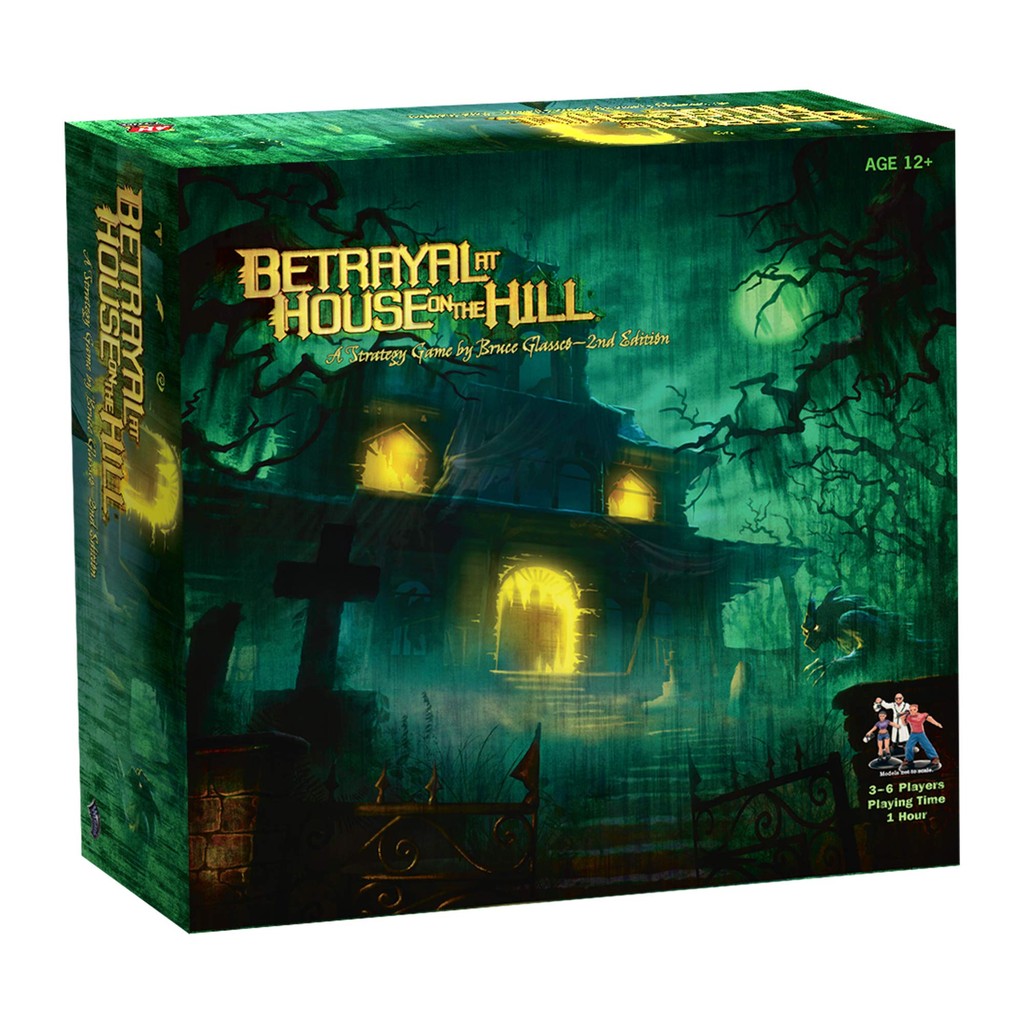
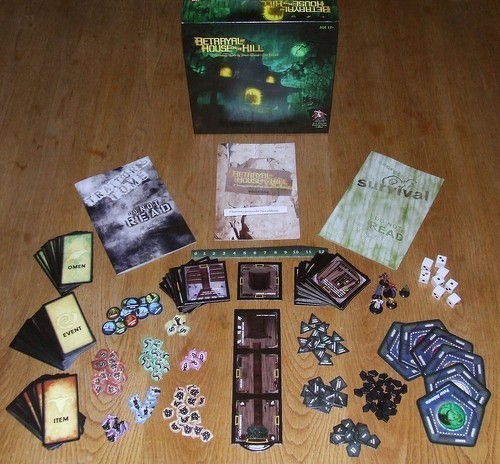
Betrayal at House on the Hill
Das Spiel enthält zahlreiche Raumplättchen, Charakterfiguren und Karten.
Tools
Das Spiel enthält Geschichtskarten und Endkarten.
Skills Developed
Fördert kreatives Denken, Erzählen und Sprachfähigkeiten.
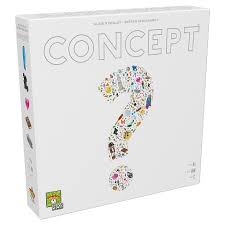
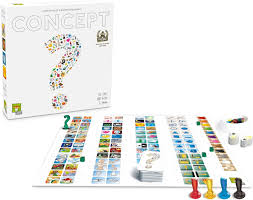
Concept
Ein Spiel der Abstraktion und Assoziation.
Tools
1 Spielplan, 110 Begriffskarten, 4 Spielerhilfen, 47 Spielsteine (39 Würfel und 8 Doppelwürfel) und 1 Ablage
Skills Developed
Kreativität, abstraktes Denken, Kommunikationsfähigkeiten – die Spieler nutzen Symbole, um Ideen ohne Worte zu vermitteln
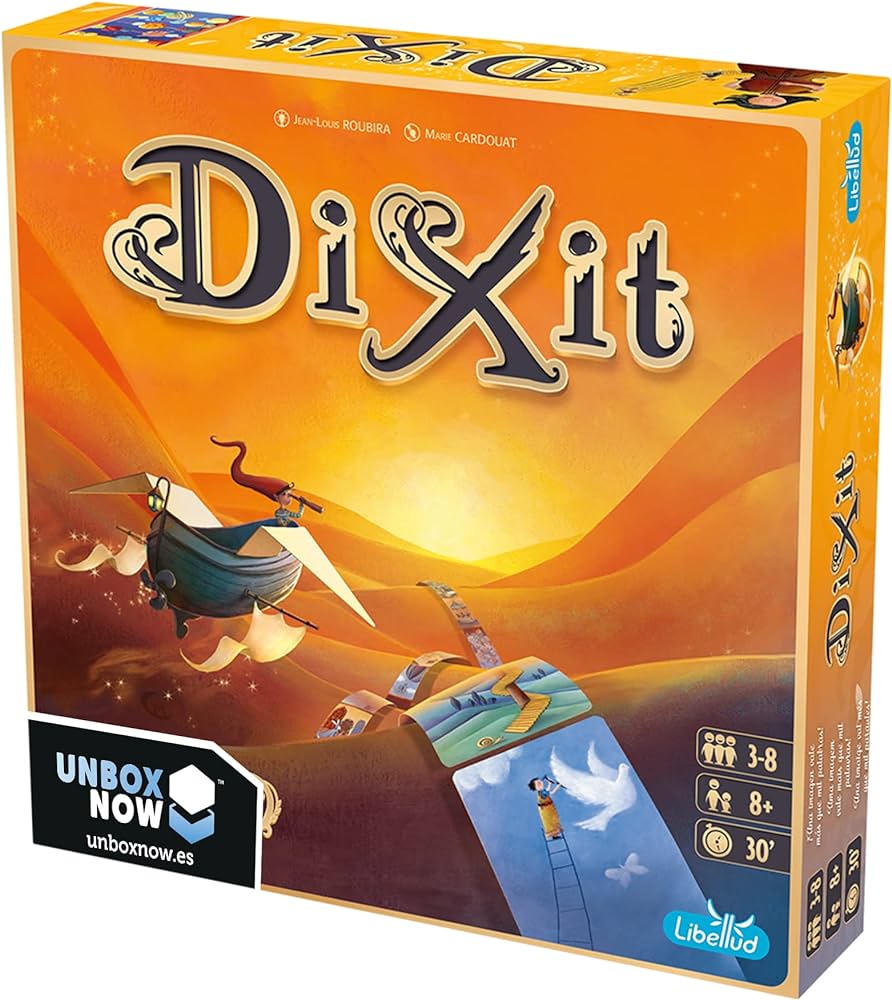
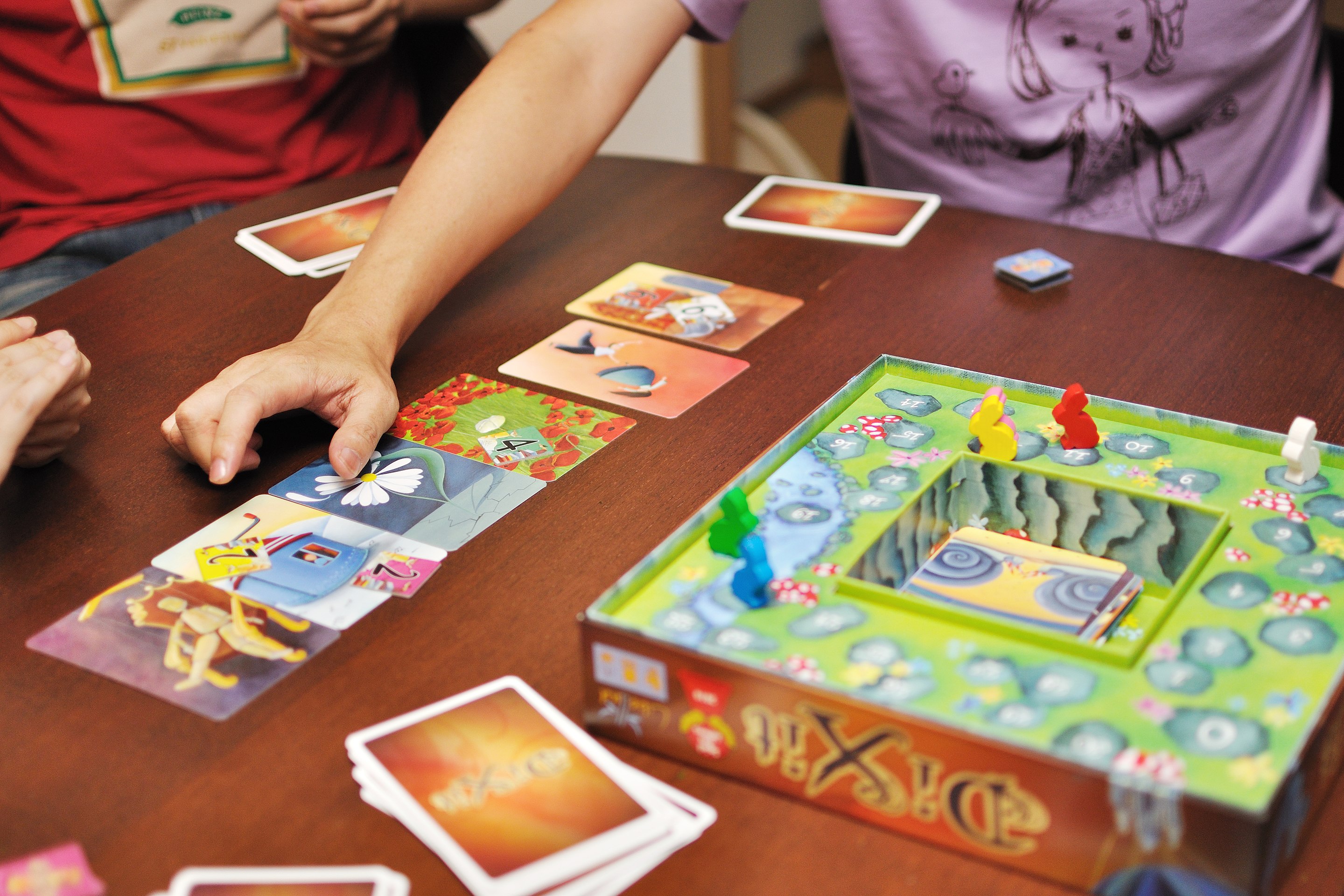
Dixit
Dixit ist ein Kartenspiel, das die Spieler einlädt, auf ihre Intuition und Fantasie zu vertrauen, um zu erraten, welche Karte der Erzähler beschreibt.
Bei Dixit ist ein Spieler pro Runde der Erzähler und denkt sich einen Satz oder eine Phrase aus, die eine seiner Karten beschreiben könnte. Dann wählt jeder Spieler eine Karte aus der eigenen Hand, die am besten zur Beschreibung passt. Nach dem Mischen und Aufdecken stimmen alle Spieler außer dem Erzähler ab, welche Karte sie für die des Erzählers halten.
Tools
Dixit enthält ein Deck mit 84 einzigartigen, wunderschön illustrierten Karten, ein Spielbrett, sechs Holzhasen als Spielfiguren und 36 Abstimmungsplättchen in sechs verschiedenen Farben.
Skills Developed
Dixit fördert Kreativität, abstraktes Denken und soziale Interaktion, da die Spieler die Geschichte hinter den Bildern interpretieren und erraten.
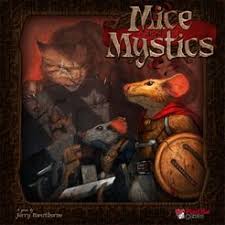
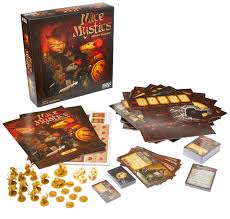
Mice and Mystics
Die Spieler, verwandelt in Mäuse, erleben ein phantasievolles Abenteuer durch ein Schloss voller Gefahren.
Tools
Das Spiel enthält Mäusefiguren, Karten, Plättchen und ein Geschichtenbuch.
Skills Developed
Fördert Problemlösung, Teamarbeit und Erzählfähigkeiten.
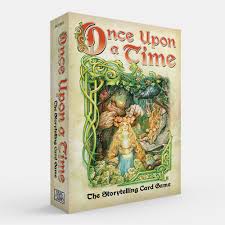
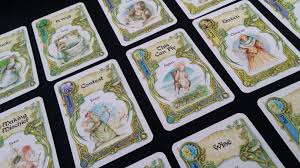
Once Upon A Time
Ein Erzähl-Kartenspiel, bei dem die Spieler ihre eigenen Geschichten erschaffen, während sie Karten ausspielen.
Tools
Ein Kartendeck mit Elementen, Figuren und Ereignissen zum Einweben in Geschichten, sowie Endkarten zum Abschließen der Geschichten
Skills Developed
Lese- und Erzählfähigkeiten, kreatives Denken, Verständnis von Sprachstrukturen
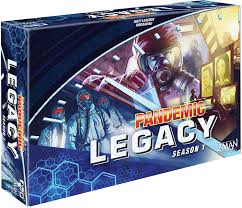
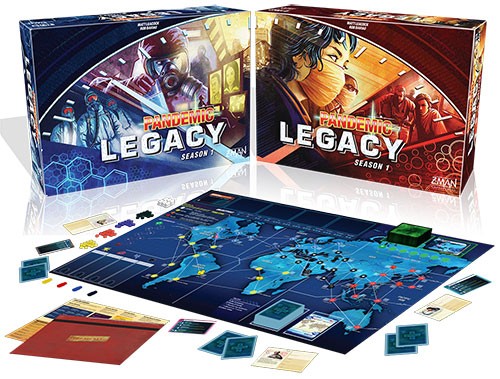
Pandemic Legacy: Season 1
Ein kooperatives Brettspiel, in dem die Spieler gemeinsam globale Pandemien bekämpfen.
Tools
Das Spiel enthält ein Spielbrett, Buchstabenplättchen und Ablagebänke.
Skills Developed
Fördert Wortschatzerweiterung, Rechtschreibgenauigkeit und strategisches Denken.
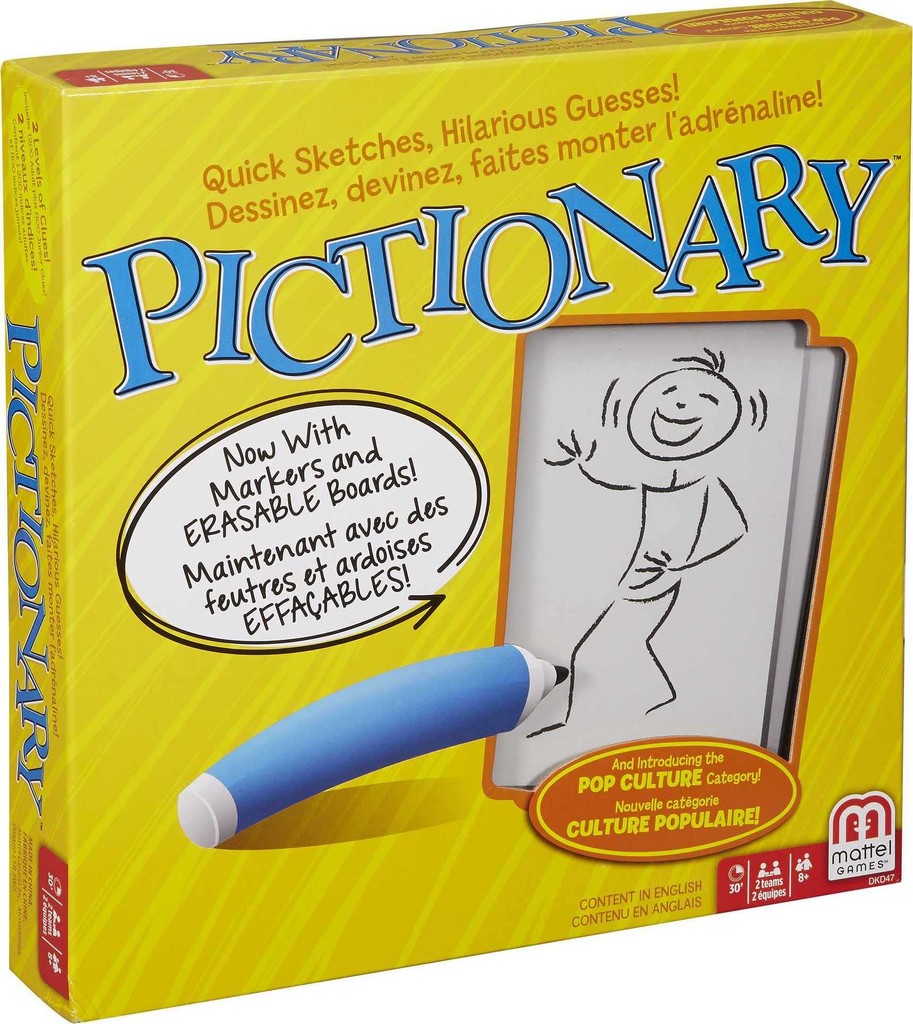
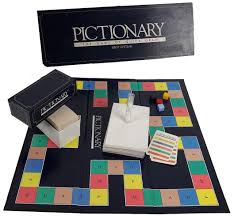
Pictionary
Ein klassisches Zeichenspiel, bei dem die Spieler erraten müssen, was ihr Teammitglied zu zeichnen versucht.
Tools
Das Spiel enthält ein Spielbrett, Wortkarten, eine Sanduhr und Zeichenutensilien.
Skills Developed
Fördert kreatives Denken, nonverbale Kommunikation und Teamarbeit.
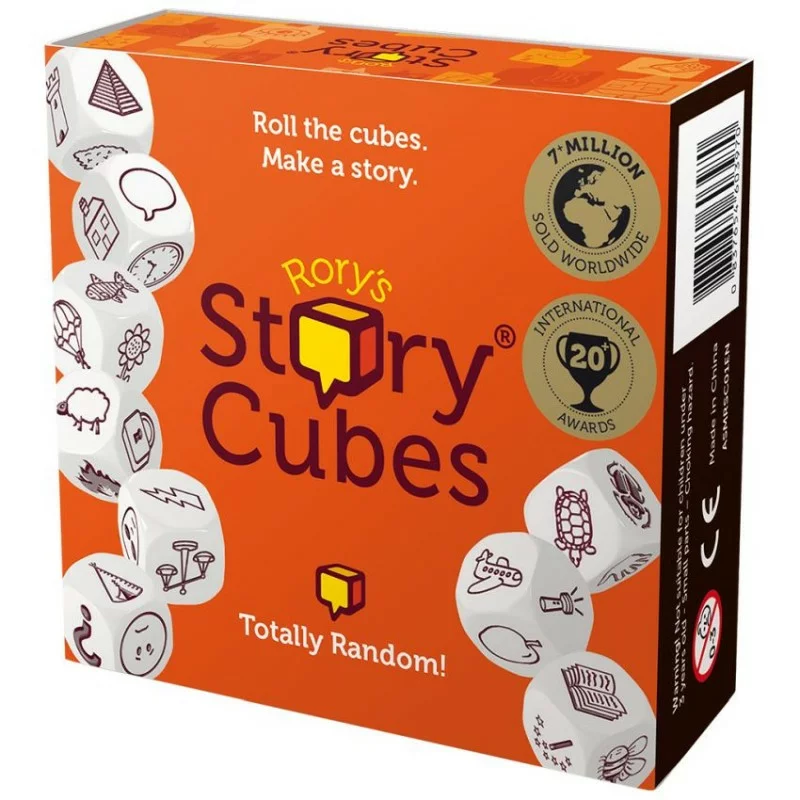
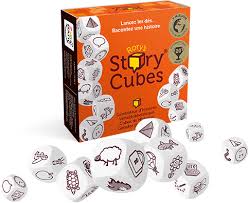
Rory's Story Cubes
Die Spieler würfeln mit Bilderwürfeln und erzählen eine Geschichte basierend auf den Ergebnissen.
Tools
Das Spiel enthält neun Würfel, jeder mit verschiedenen Bildern auf den Seiten.
Skills Developed
Fördert Fantasie, Erzählfähigkeit und laterales Denken.
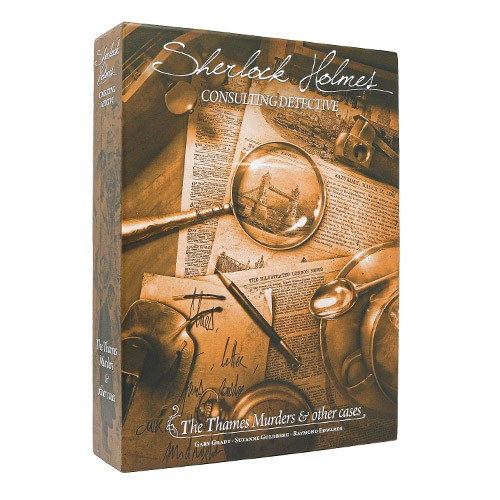
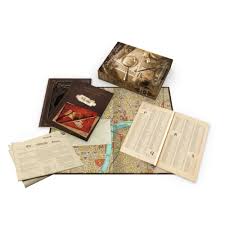
Sherlock Holmes Consulting Detective
Das Spiel enthält Fallhefte, Zeitungen und eine Karte des viktorianischen London.
Tools
Das Spiel enthält Fallhefte, Zeitungen und eine Karte des viktorianischen London.
Skills Developed
Fördert Problemlösung, Logik und kooperatives Spielen.
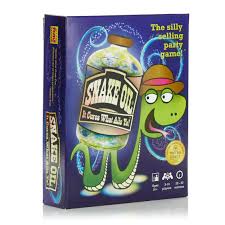
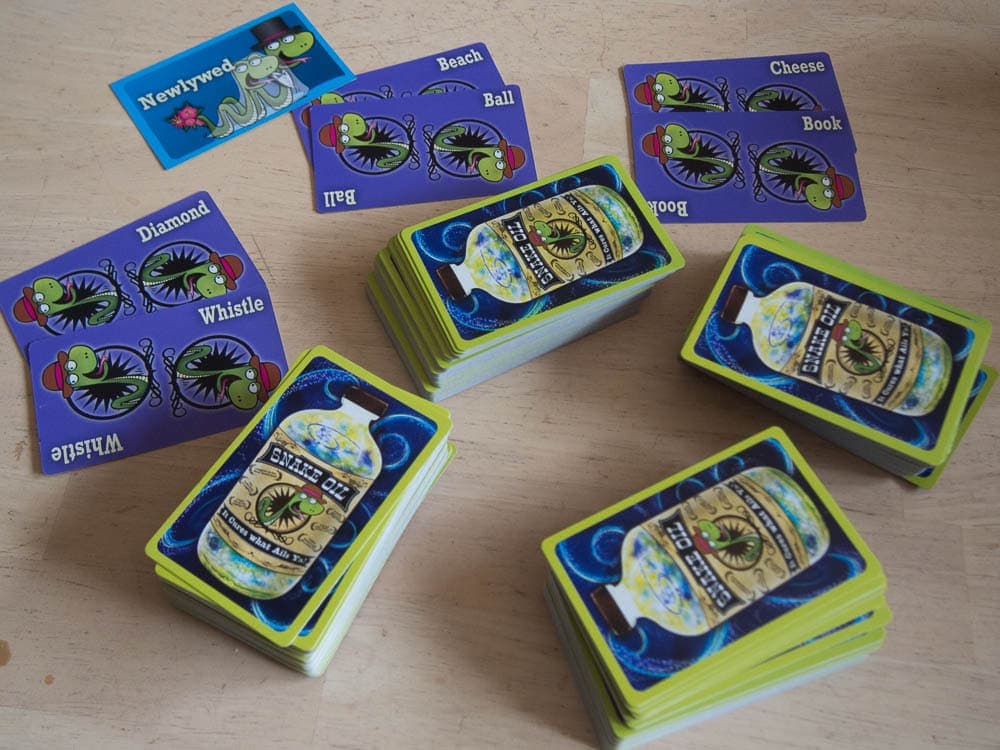
Snake Oil
Die Spieler erfinden einzigartige Produkte und verkaufen sie an allerlei skurrile Kunden.
Tools
Das Spiel enthält Wortkarten und Kundenkarten.
Skills Developed
Fördert Kreativität, überzeugendes Sprechen und Unternehmergeist.
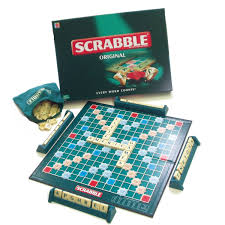
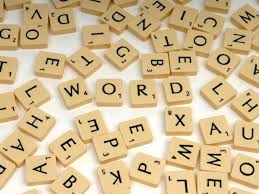
Scrabble
Scrabble ist ein klassisches Wortspiel, bei dem Spieler Punkte sammeln, indem sie aus einzelnen Buchstabenplättchen Wörter auf einem 15x15-Raster bilden.
Bei Scrabble ziehen die Spieler abwechselnd Buchstabenplättchen und bilden Wörter auf dem Spielbrett – horizontal oder vertikal. Jeder Buchstabe hat einen Punktwert, und die Spieler versuchen, durch geschicktes Nutzen der Bonusfelder möglichst viele Punkte zu sammeln.
Tools
Das Scrabble-Set enthält ein 15x15-Raster-Spielbrett, 100 Buchstabenplättchen, 4 Ablagebänke, einen Plättchenbeutel und optional einen Punkteblock und Timer.
Skills Developed
Scrabble fördert Wortschatz, Rechtschreibung, strategisches Denken und mathematische Fähigkeiten durch Wortbildung und Punkteberechnung.
Abszolút képtelen sztorik (Absolutely Improbable Stories)
In 2022, I also designed a creative board game. Its title could be translated as "Absolutely Improbable Stories" It's a story-writing game. We defined eight story elements (character, twist, setting, object, etc.) and the title. Each story card contains 9 instructions. Each round, everyone writes a sentence based on their own card, and then we vote on which sentence should be included in our collective story.
Two important aspects of the game design stand out to me. First, the game values (scores) voting for a good sentence just as much as writing a good sentence. So, not only players with great writing flair can win the game, but also those who have a good sense of public taste. The other point I would highlight is that in this game, you can vote for yourself. I think this is a missing skill. We find it hard to admit and proclaim when we do something well.
I usually laugh a lot during the game, for example, when we have to incorporate a handsome garbage man into a sci-fi story set on an alien planet. The game requires solving incredible improbabilities, which demands considerable creativity.
Creative Games for Reading
We've put together a learning material for you, featuring several games from this site. Check it out to see how modern, creative board games can support children's reading motivation!
Minimalist Creativity
I believe there's another way to approach creativity. When a game uses its components in a creative way, gamifies non-traditional materials, or introduces something unusual, it can have a strong impact on the players' creativity.
A great example of this is Coin Age, which we've written about before, or Dicke Dämonen, which consists of just a few strings and pawns, yet manages to be a modern board game with brilliant ideas.
I think creating value with minimalist components is an incredible challenge that requires a great deal of creativity. And by playing these kinds of games, we can learn a lot about the nature of creativity itself.
Frequently Asked Questions
No spam, ever. Unsubscribe anytime.
Spread the Fun of Learning!
Love our content? Show your support by sharing our page with your friends and help us inspire more families and educators with the joy of learning through play! Your shares truly make a difference. Thank you for being a wonderful part of our community!

